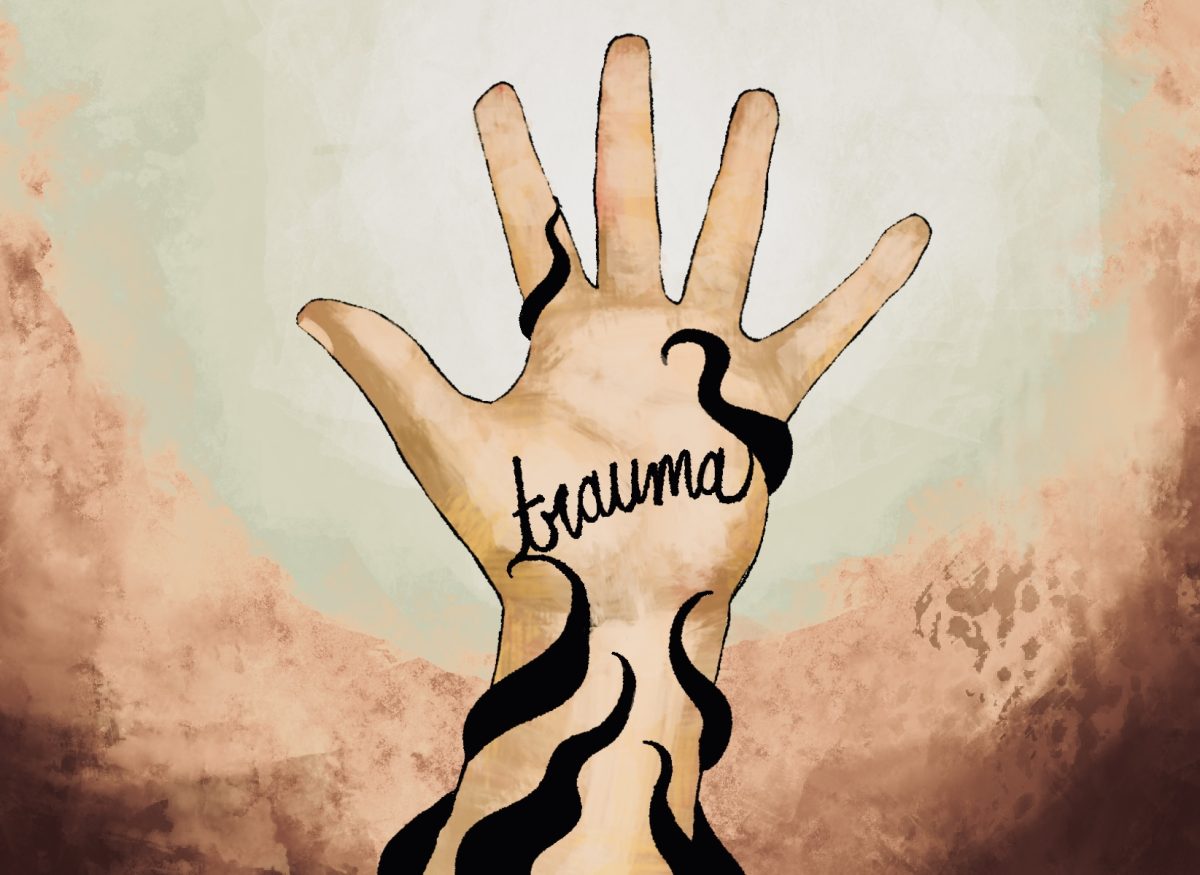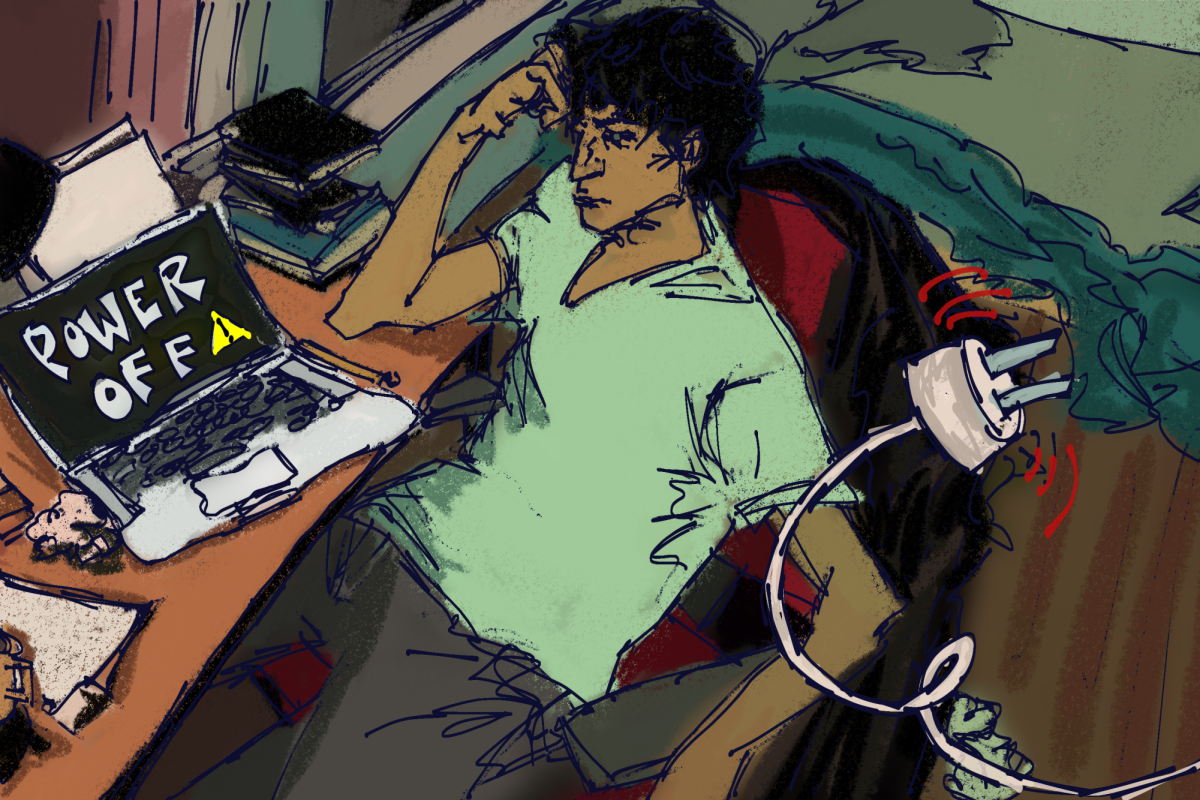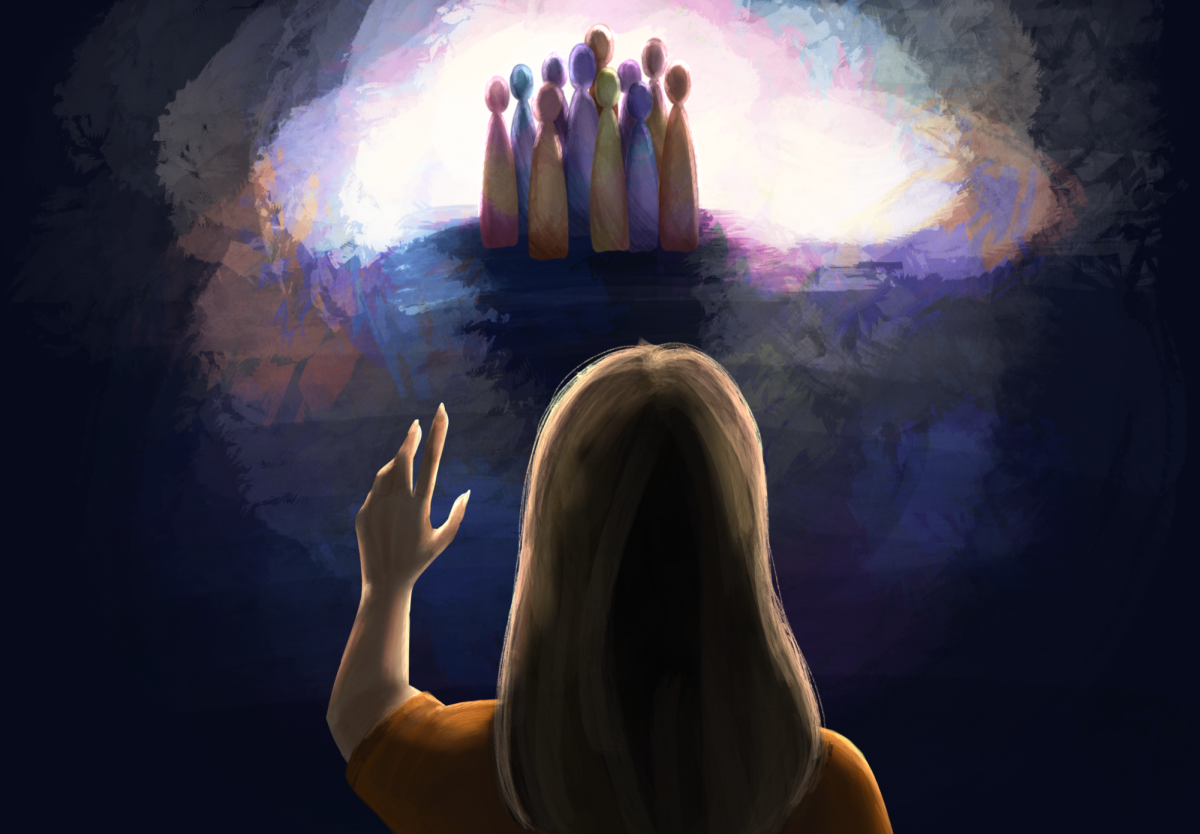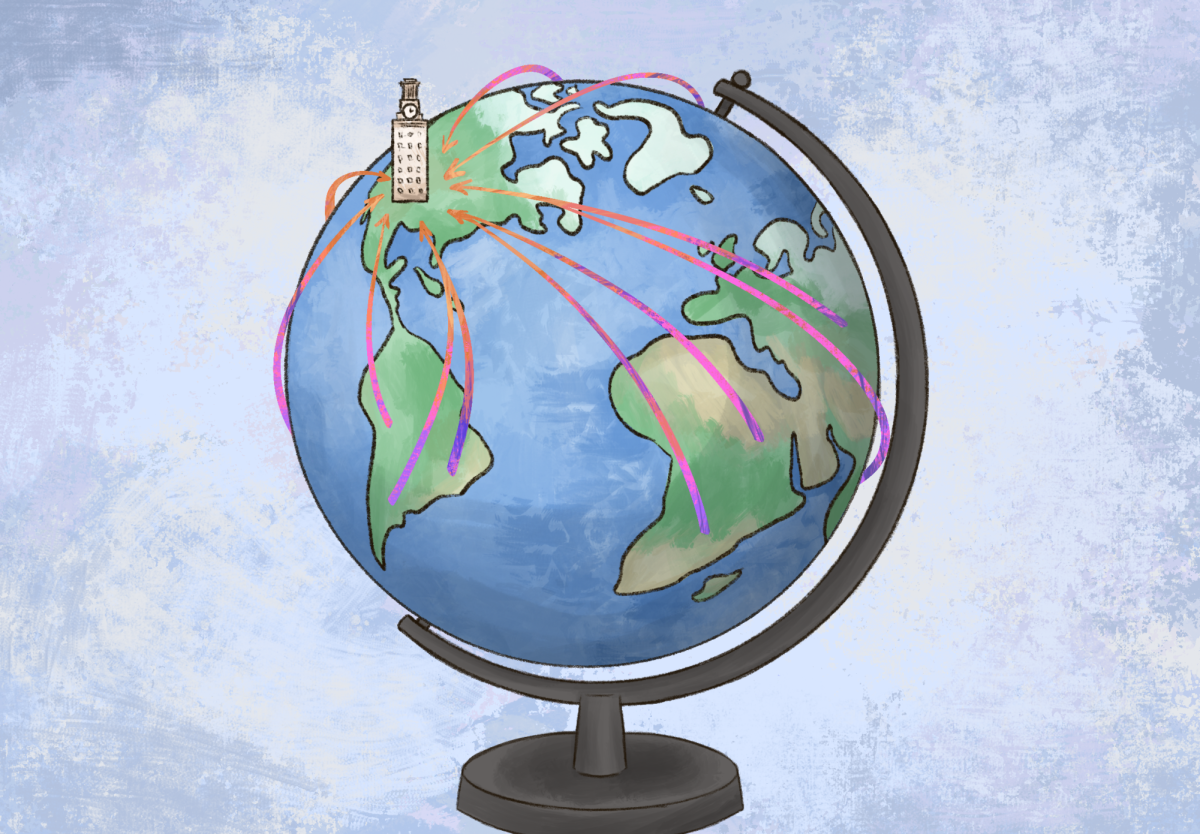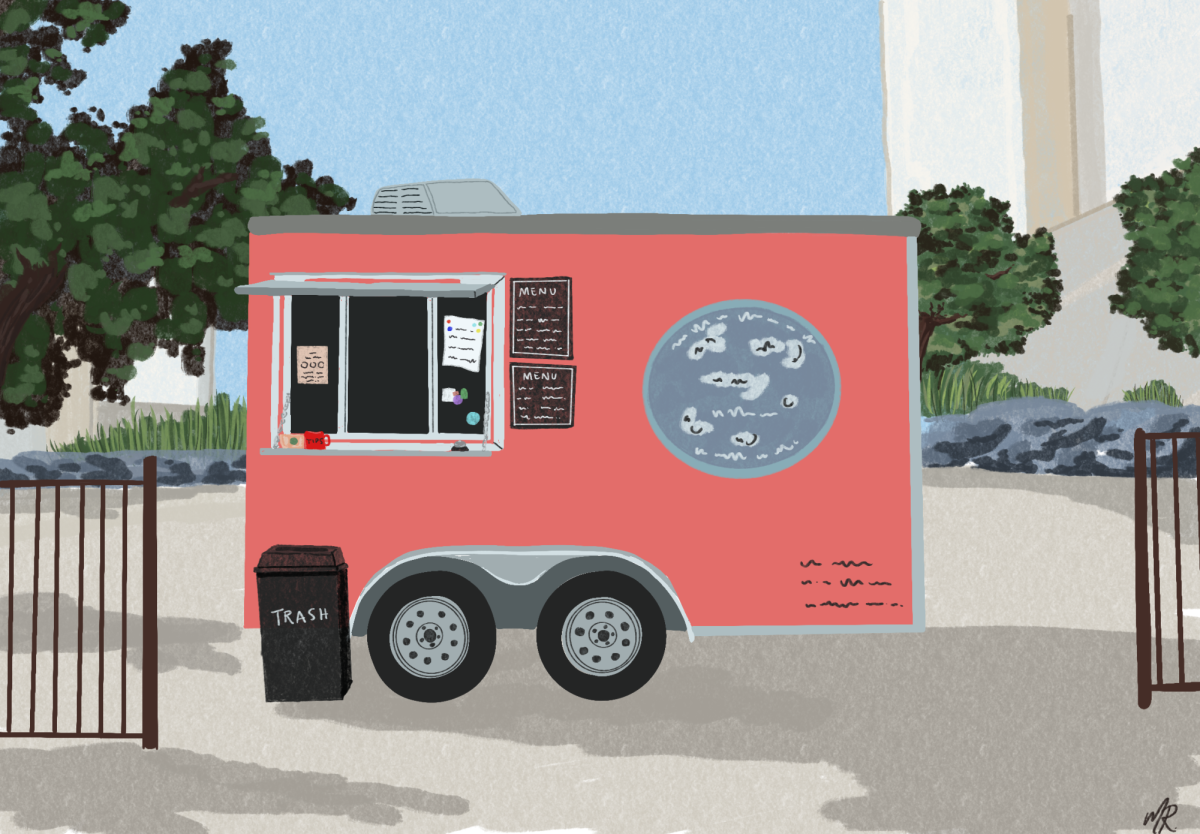As a senior in high school, college was often described to me as a time where you discover yourself, and this excited me. Changes in environment, relationships and belief systems often experienced during college can further promote identity exploration. Yet, university can also prompt uncertainty and anxiety as students transition into early adulthood and consider larger questions about their future.
As a teenager, I spent great amounts of time making vision boards, outlining an idealized vision of what I hoped to be my own “college experience.” Self-discovery is the crux of seemingly every coming-of-age movie, a process where everything falls into place just in time for adulthood. I sought to reinvent myself in college, leaving behind the baggage I felt prevented me from growing within my community at home. And then I got here.
Despite my idealistic hopes for college to magically produce a more evolved version of myself, I quickly realized the process I envisioned wasn’t going to fall into place that neatly. Instead, I found myself being continually brought back to the mindset I had as a vulnerable teenager.
Prolonged identity disturbances, where one’s self-organization is not updated with their new realities, sometimes manifest after a traumatic event. 70 percent of all US adults have experienced some form of trauma, and nearly two-thirds of students beginning an undergraduate program report exposure to traumatic events. This can make the transition to college especially challenging.
Overwhelmingly, I could not understand why I held on to something that happened so long ago. I felt behind as I struggled to define myself beyond my trauma, and beyond that, my expectations of starting with a blank slate only felt like a sort of self-betrayal.
However, my perspective started to gradually shift as I let go of my quest for self-discovery and began to nurture my teenage self.
The pressure I felt to suddenly “understand” myself as I transitioned into early adulthood just seemed to complicate my experience. I found that I couldn’t move away from myself, and starting a new chapter of life would not put the pieces together for me.
Instead of reinventing myself, I came to peace with the fact that there is no set date in which you are supposed to magically heal. I began to realize that the pursuit of self-discovery does not mean you have to disregard the importance of your past.
Trauma is complex and experienced differently from person to person. Instead of expecting myself to find all the answers I needed in college, I gave myself the space to understand that identity development is not always a linear process.
Appreciating a more holistic version of myself allowed me to understand my trauma from a perspective of resilience. Sometimes, you have to go back to move forward.
Wood is a social work junior from Austin, Texas.

